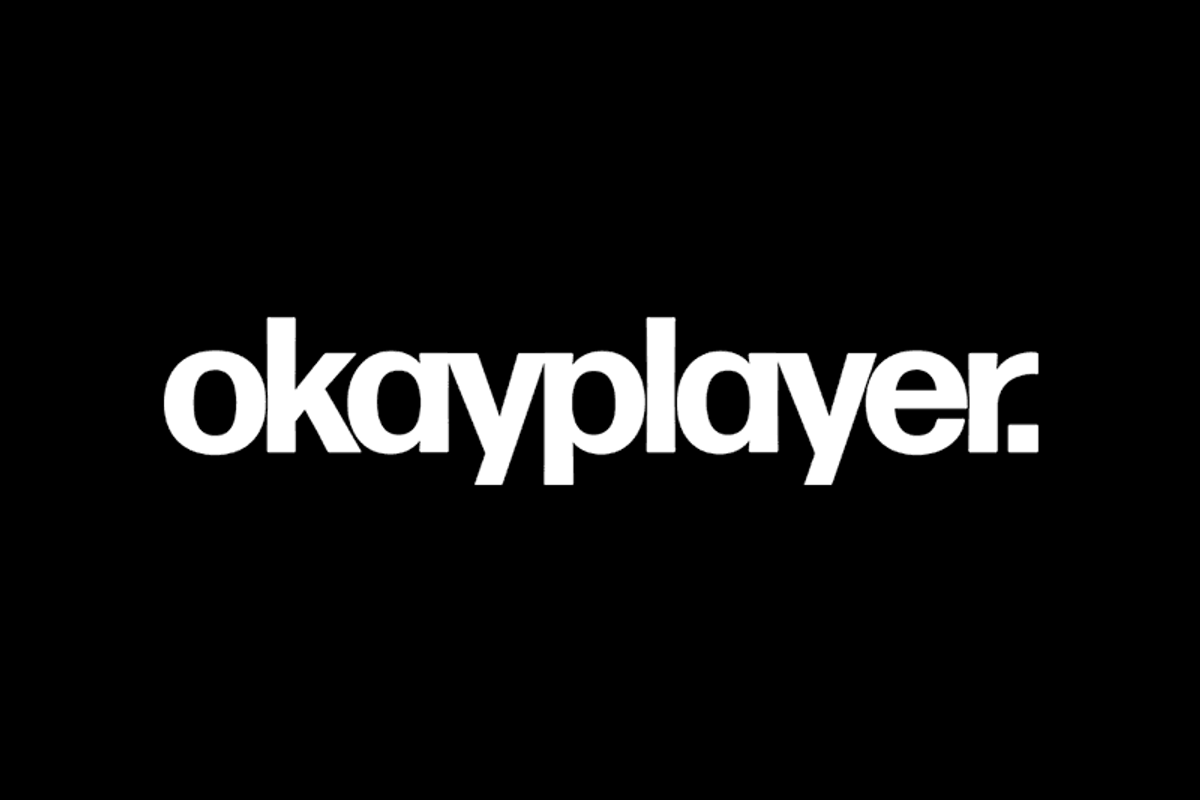
Kendrick Lamar To Pimp A Butterfly Art
To continue reading
Create a free account or sign in to unlock more free articles.
By continuing, you agree to the Terms of Service and acknowledge our Privacy Policy
Register
The content is free, but you must be subscribed to Okayplayer to continue reading.
THANK YOU FOR SUBSCRIBING
Join our newsletter family to stay tapped into the latest in Hip Hop culture!
Login
To continue reading login to your account.
Forgot your password?
Please enter the email address you use for your account so we can send you a link to reset your password:

A great deal of fresh ink has been spilled about Kendrick Lamar's To Pimp A Butterfly, with some alleging that the album wasn't so much enjoyed as it was respected, and others standing in firm defense of its sonic heft and moral authority. Now, in a new interview, the album's chief production architect Terrace Martin has spoken out on the journo-blogger-critic gunslinging, and hinted that Kendrick and co. aren't completely thrilled with the way their recent work is being (mis)used by the culture at large.
The interview comes from, of all places, Complex and immediately gets to the issue of Justin Charity's inflammatory (and quite compelling) essay on whether or not hip-hop critics and fans really enjoy listening through the dense narrative cacophony of To Pimp A Butterfly. Martin assures us that he did in fact appreciate the piece, stressing "I thought: It’s touched something for this person to even say all of this. That’s all I care about. That’s what it’s supposed to do. It’s a conversation piece." Martin continued, "We think everybody lies. We think everybody soft. That album is supposed to stir up how people feel. Ain’t nothing wrong with that. You just gotta be careful as a writer...What that article did was open up To Pimp a Butterfly to the haters. Which was beautiful. I love that."
Later in the interview, Martin stresses that Lamar may be in fact retiring his To Pimp A Butterfly repertoire after the current Kunta's Groove Sessions tour. "We didn’t do that album for popular culture. We did that album for people who have no way out. We did that album for people who can’t even afford to go to the shows," he said.
But it's earlier in the essay that one of the juiciest topics is touched on: the influence of D'Angelo's Black Messiah over the TPAB writing process. "We went back to the studio, and that’s when I started renting and buying other keyboards just to—not to sound like D’Angelo, but to pay homage to D’Angelo with certain songs."
There's plenty more where that came from in the excellent interview. Read it in full over at Complex.